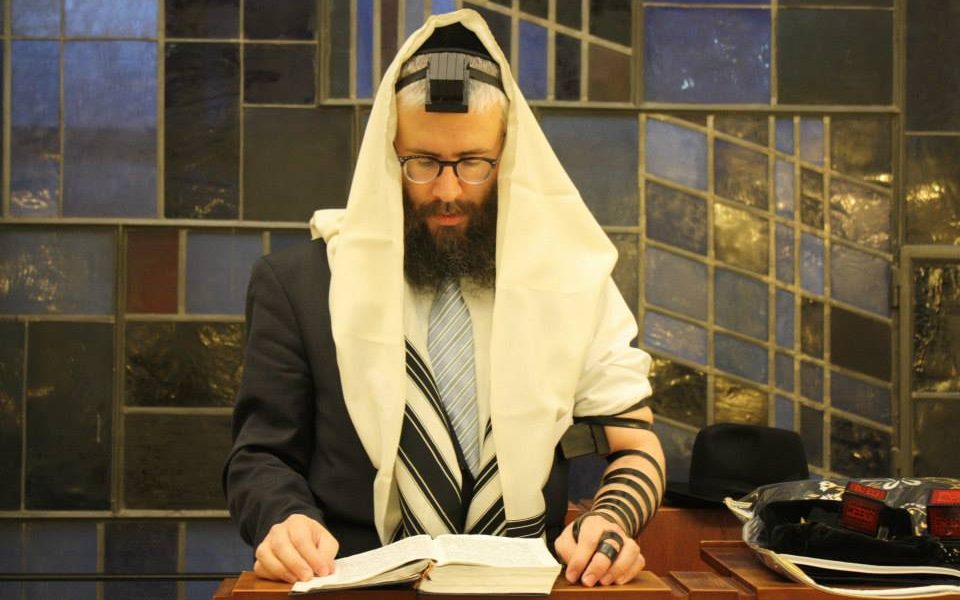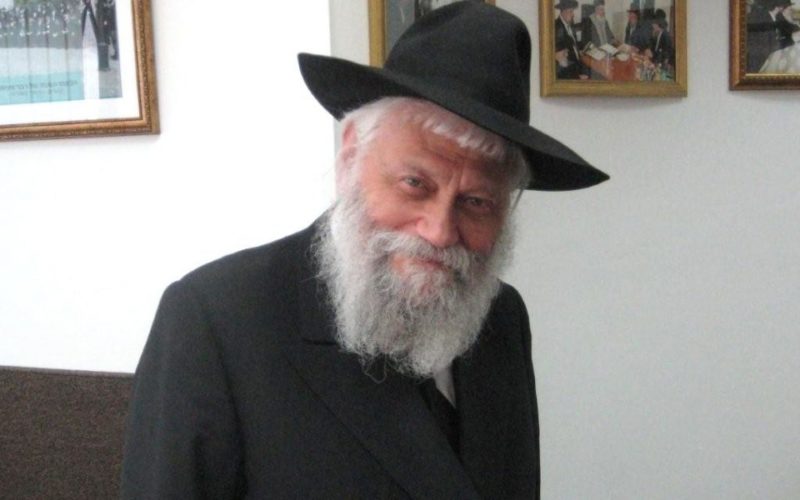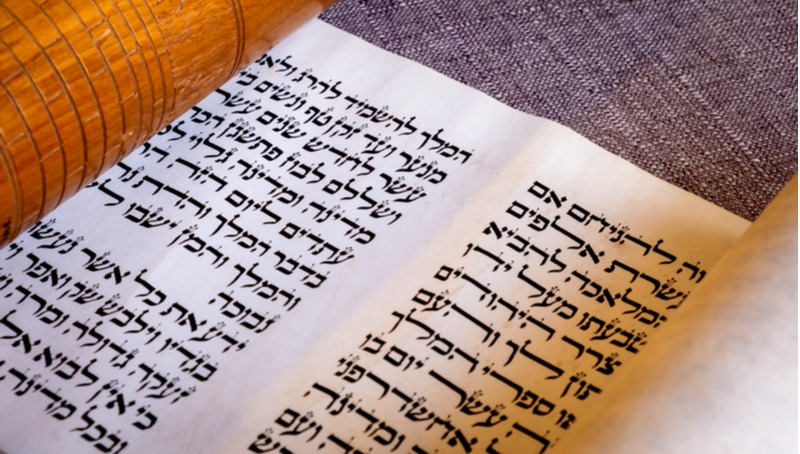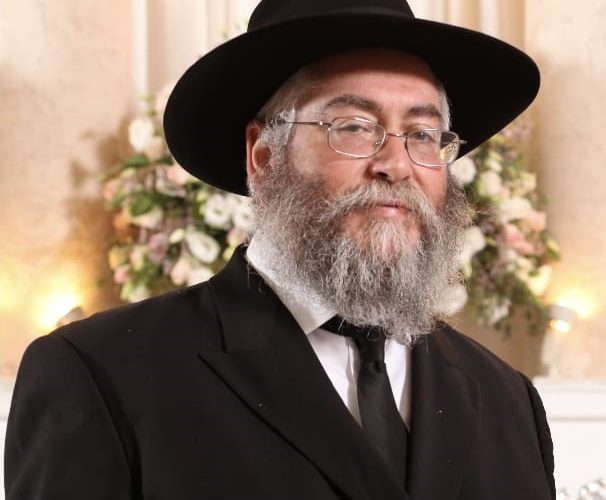First Seder in Germany

A week before Pesach, the Rabbi of Hamburg Germany, Shlomo Bistritzky has his hands full as he deals with his community needs, whether it’s answering questions from the community related to the approaching holiday, preparing for the community Seder, or assisting his own family. The Hamburg Jewish community was known to maintain ancient customs that were stringently kept, but not anymore. Some Yekke customs are still preserved by few families that live in the community since pre-war years. An existing Ashkenazi shul does not commit to tradition anymore, even though it used to.
I personally collect any information I can about those ancient customs in Hamburg. It is fascination, and as I said does not exist today
How dominant is the influence of the Ashkenazi community of the past on Hamburg of today?
400 years ago, Sephardic Jews were the first to come to Hamburg. That is why the community lifestyle today is mainly Sephardic. Last week we organized a seminar for Avreichim in the local Kollel on the Hagada. The Seminar was in the Hamburg University and the honored guest speaker was Rabbi Shalom Duber Levin who spoke about the technical and historic aspects of the Simonim on the Ke’arah. I myself spoke about the different versions of the Hagadah within several customs.
Are the Non-Jews in Hamburg curious about the Jewish customs?
There is a department in the University that has research on the Rambam. The Director spoke at the Seminar from his point of view on Pesach and the Jewish freedom. One of the most intriguing parts of the day was a visit to the Hamburg library where they have on display ancient Hebrew manuscripts from 700 years ago. I discovered that the famous Amsterdam Hagada was written in Hamburg in Amstrdam script.When you get to the p[age with Biurcat Hamazon there is the Ashkenazio version and the Sephardic version. It theory it should have been only The Ashkenazi version, but that proves that the Sephardic customs were existing in Hamburg then.
Is there active Jewish life in Hamburg?
In Hamburg there is a Jewish school aside from the Jewish community center, where all the community’s Jewish needs are cared for all year round and particularly for Pesach. The center is also responsible for the public Seder that I will run. As we speak the maintenance crew is finishing the cleanup where the Seder will be. Beat Chabad distributed the Kimcha Depischa for the elderly Jews. Germany is a socialistic country but there are still those in need.
How many people do you expect will participate in the Seder?
We conduct a large Seder for the public. Last year we had 300 participants. This year the registration is still available. I assume it will be the same as last year.
You conduct a public Seder and then a private one?
That is what I did when I first came to Germany. The problem was that I came home exhausted. I learned from experience that the first Leil Seder I do with the public. In the past I sat on a platform but now I sit with my family and run the Seder from there, till Shulchan Aruch. Then during the meal I make my way through the crowd and share a ‘Lechaim; and be effective. That is when the hearts are open; feuds are resolved, mixed marriages are dropped, and I have succeeded in doing many things then.
The second Leil Seder is designated for private families. Our children know that the Second Seder is their special private quality time with us.


